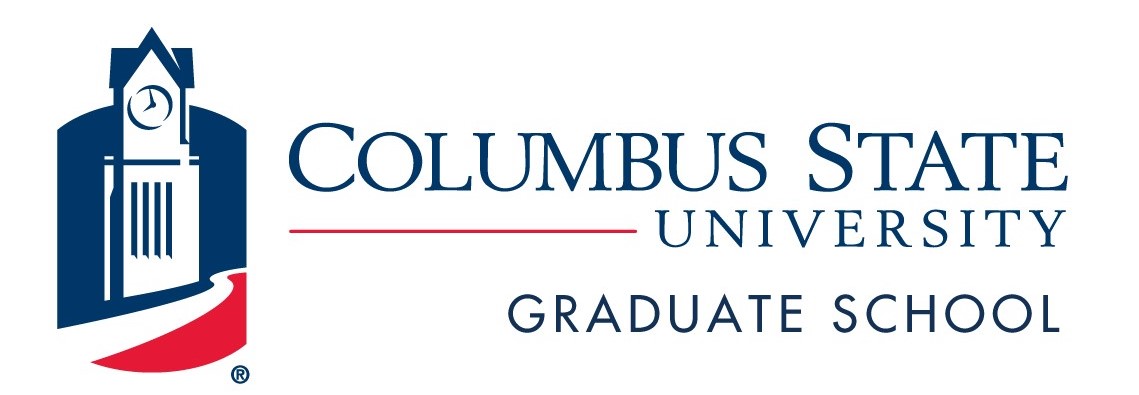The Mythological Foundation of Haitian Voodoo: Peasant Myths of Nation and Messiah, 1791-1806
Presentation Type
Event
Location
Columbus State University
Start Date
3-11-2022 10:30 AM
Description
The Haitian Revolution produced two great myths among the post-war peasantry that are both ideological and spiritual-the epic ""Vodou"" ceremony at Bwa Kayiman and the legendary figure of Jean-Jacques Dessalines, the revolutionary general and founding father of independent Haiti. The Bwa Kayiman myth is the Haitian myth of national origin. It serves to establish the spiritual basis and the moral justification, for the war to come. It is the myth that anchors emergent Haitian religion to the African and creole spiritualities that antedated the development of Vodou in the mid-nineteenth century. The second great myth is that of the larger-than-life general Jean-Jacques Dessalines, the instrument of divine justice, but also the betrayed messiah whose blood changed the Haitian soil into demanbre, both a Lwa (spirit) and the spiritual holy land of Haitian Vodou. The connections between myth, lakou (community courtyard), and demanbre led to the rise of both an organic grassroots nationalism among the peasantry concomitantly with the development of an equally organic national religion, Vodou.
The Mythological Foundation of Haitian Voodoo: Peasant Myths of Nation and Messiah, 1791-1806
Columbus State University
The Haitian Revolution produced two great myths among the post-war peasantry that are both ideological and spiritual-the epic ""Vodou"" ceremony at Bwa Kayiman and the legendary figure of Jean-Jacques Dessalines, the revolutionary general and founding father of independent Haiti. The Bwa Kayiman myth is the Haitian myth of national origin. It serves to establish the spiritual basis and the moral justification, for the war to come. It is the myth that anchors emergent Haitian religion to the African and creole spiritualities that antedated the development of Vodou in the mid-nineteenth century. The second great myth is that of the larger-than-life general Jean-Jacques Dessalines, the instrument of divine justice, but also the betrayed messiah whose blood changed the Haitian soil into demanbre, both a Lwa (spirit) and the spiritual holy land of Haitian Vodou. The connections between myth, lakou (community courtyard), and demanbre led to the rise of both an organic grassroots nationalism among the peasantry concomitantly with the development of an equally organic national religion, Vodou.

